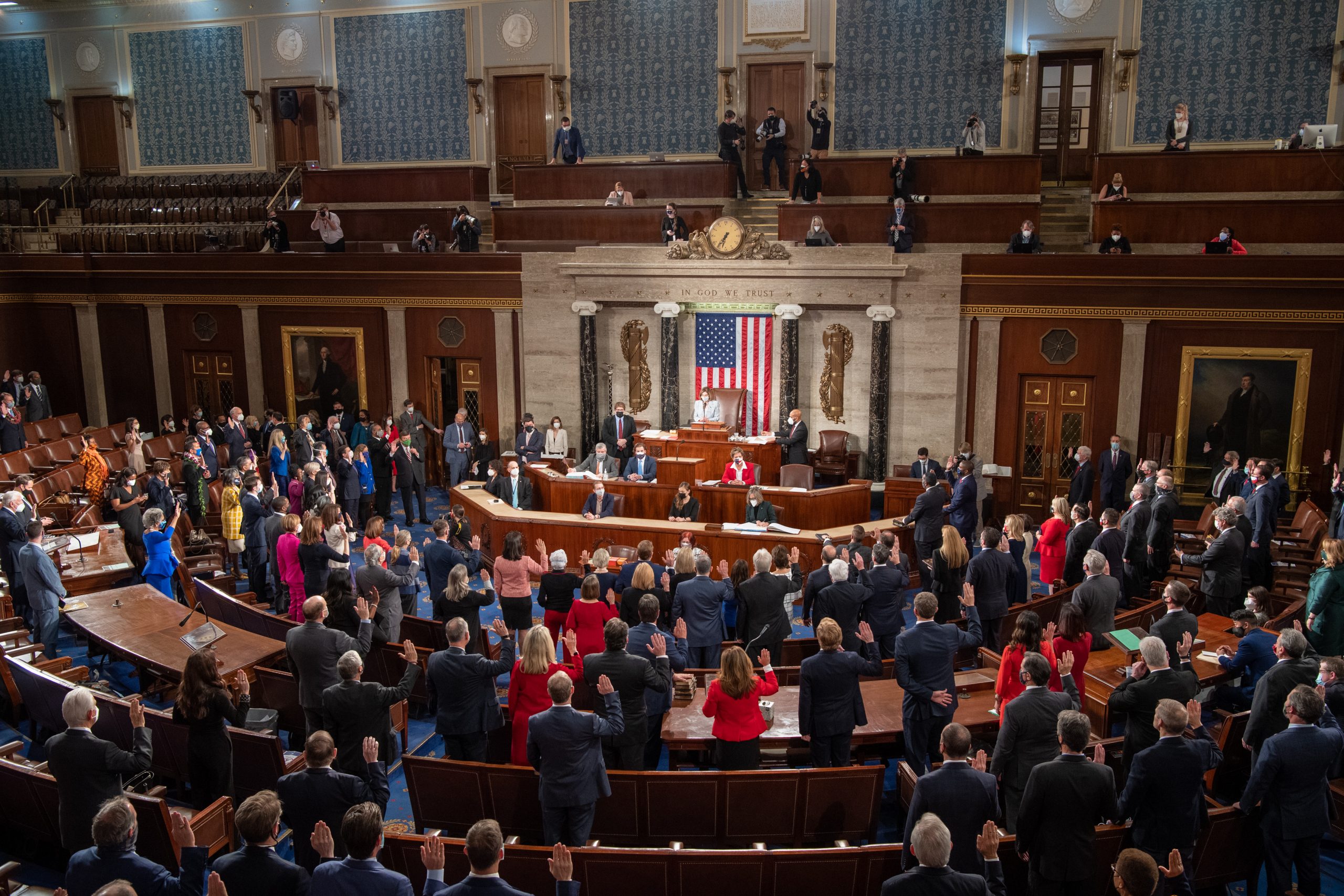H.R. 6436 Workforce and Education Partnership Act
- Home Page 342

Radon, et al
Kansas State University: Is Radon a Real Problem?
The primary US standards for radon are developed by the Environmental Protection Agency (EPA), the American Association of Radon Scientists and Technologists (AARST), and ASTM International. These focus on measurement protocols, mitigation techniques, action levels, and construction guidelines to detect radon entry and prevent health risks like lung cancer. Below is a list of the top 10, prioritized by prominence in EPA guidance, adoption in building codes, and applicability to residential/commercial settings.
|
#
|
Standard
|
Issuing Body
|
Brief Description
|
|---|---|---|---|
|
1
|
EPA Action Level for Radon (4 pCi/L)
|
EPA
|
Recommended threshold for remediation in homes and schools; fix if levels are 4 picocuries per liter (pCi/L) or higher, with consideration for 2-4 pCi/L. No safe level exists, but this guides hazard prevention.
|
|
2
|
ANSI/AARST MAH-2019: Protocol for Conducting Measurements of Radon and Radon Decay Products in Homes
|
AARST/ANSI
|
Standard protocol for accurate radon testing in homes, including device placement, duration (short-term 2-90 days; long-term >90 days), and quality assurance to detect entry points.
|
|
3
|
ANSI/AARST SGM-SF-2023: Soil Gas Mitigation Standards for Existing Single-Family Homes
|
AARST/ANSI
|
Specifies minimum requirements for active soil depressurization systems to prevent radon entry in existing homes, including fan installation and sealing cracks.
|
|
4
|
ANSI/AARST SGM-MFLB-2023: Soil Gas Mitigation Standards for Existing Multifamily, School, Commercial, and Mixed-Use Buildings
|
AARST/ANSI
|
Guidelines for mitigating radon and soil gases in larger buildings via sub-slab depressurization, harmonized with single-family standards for broad prevention.
|
|
5
|
ANSI/AARST RRNC-2018: Radon Control Options for the Design and Construction of New Low-Rise Residential Buildings
|
AARST/ANSI
|
Protocols for incorporating radon-resistant features (e.g., vapor barriers, vent pipes) during new home construction to prevent future hazards.
|
|
6
|
ASTM E2121-13: Standard Practice for Installing Radon Mitigation Systems in Existing Low-Rise Residential Buildings
|
ASTM International
|
Step-by-step installation standards for mitigation systems, emphasizing diagnostics, sealing, and post-mitigation testing to ensure effective prevention.
|
|
7
|
ANSI/AARST MAMF-2019: Protocol for Conducting Measurements in Multifamily Buildings
|
AARST/ANSI
|
Measurement guidelines for shared structures (e.g., apartments), focusing on sampling multiple units to detect and prevent occupant exposure.
|
|
8
|
EPA 625-R-92-016: Radon Prevention in the Design and Construction of Schools and Other Large Buildings
|
EPA
|
Technical manual for radon-resistant new construction in schools and large facilities, including site evaluation and venting to avoid entry pathways.
|
|
9
|
ANSI/AARST CCAH-2018: Reducing Radon in New Construction of 1 & 2 Family Dwellings & Townhouses
|
AARST/ANSI
|
Construction standards for rough-in radon controls (e.g., passive vents) in new homes, promoting proactive hazard prevention.
|
|
10
|
ASTM E1465-08: Standard Practice for Radon Control Options for the Design and Construction of New Low-Rise Residential Buildings
|
ASTM International
|
Options for radon barriers and drainage in new builds, integrated into model building codes to prevent soil gas intrusion.
|
These standards are voluntary consensus-based and adopted by states, HUD, and proficiency programs like NRSB. For full texts, visit epa.gov/radon or standards.aarst.org. Testing remains the first step—EPA urges all homes below the third floor be tested.
Radon Mitigation Standards for Schools and Large Buildings (RMS-LB-2018)
H.R. 6397 Medical Student Education Authorization Act of 2022
This content is accessible to paid subscribers. To view it please enter your password below or send mike@standardsmichigan.com a request for subscription details.
Summit Hall
This content is accessible to paid subscribers. To view it please enter your password below or send mike@standardsmichigan.com a request for subscription details.
Three Lock System
This content is accessible to paid subscribers. To view it please enter your password below or send mike@standardsmichigan.com a request for subscription details.
LIVE Student Radio: Eastern Michigan University
This content is accessible to paid subscribers. To view it please enter your password below or send mike@standardsmichigan.com a request for subscription details.
Slavery
This content is accessible to paid subscribers. To view it please enter your password below or send mike@standardsmichigan.com a request for subscription details.
H.R. 6565: Kids in Classes Act
This content is accessible to paid subscribers. To view it please enter your password below or send mike@standardsmichigan.com a request for subscription details.
Textile Standards
ASTM’s textile standards provide the specifications and test methods for the physical, mechanical, and chemical properties of textiles, fabrics, and cloths, as well as the natural and artificial fibers that constitute them. The textiles covered by these standards are commonly formed by weaving, knitting, or spinning together fibers such as glass fiber strands, wool and other animal fibers, cotton and other plant-derived fibers, yarn, sewing threads, and mohair, to name a few. These textile standards help fabric and cloth designers and manufacturers in testing textiles to ensure acceptable characteristics towards proper end-use.
https://www.astm.org/Standards/textile-standards.html
Consumer discretionary sector is usually the top economic sector in every nation and is the crucible for civilization itself. More than energy or transportation or finance. Best practice is discovered through upward moving price signals more than downward moving government regulations. Because fashion defines a civilization; and civilization should be the proper business of education communities we track action in the technical specifics of the product standards thrown off by an SDO with one of the largest footprints in the global standards system.
New update alert! The 2022 update to the Trademark Assignment Dataset is now available online. Find 1.29 million trademark assignments, involving 2.28 million unique trademark properties issued by the USPTO between March 1952 and January 2023: https://t.co/njrDAbSpwB pic.twitter.com/GkAXrHoQ9T
— USPTO (@uspto) July 13, 2023
Standards Michigan Group, LLC
2723 South State Street | Suite 150
Ann Arbor, MI 48104 USA
888-746-3670











